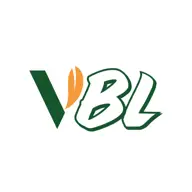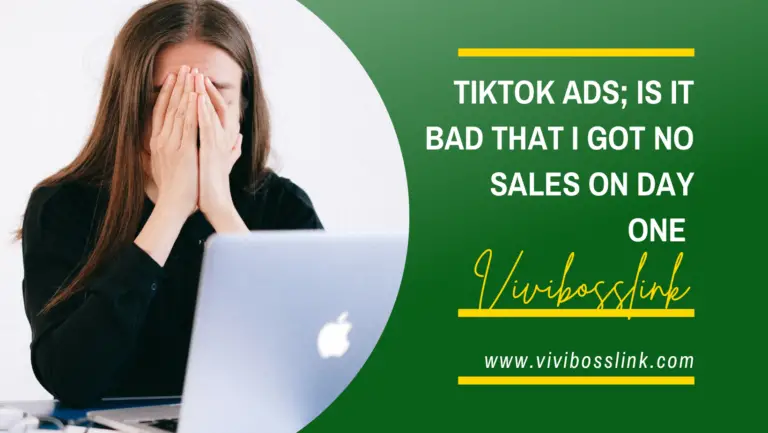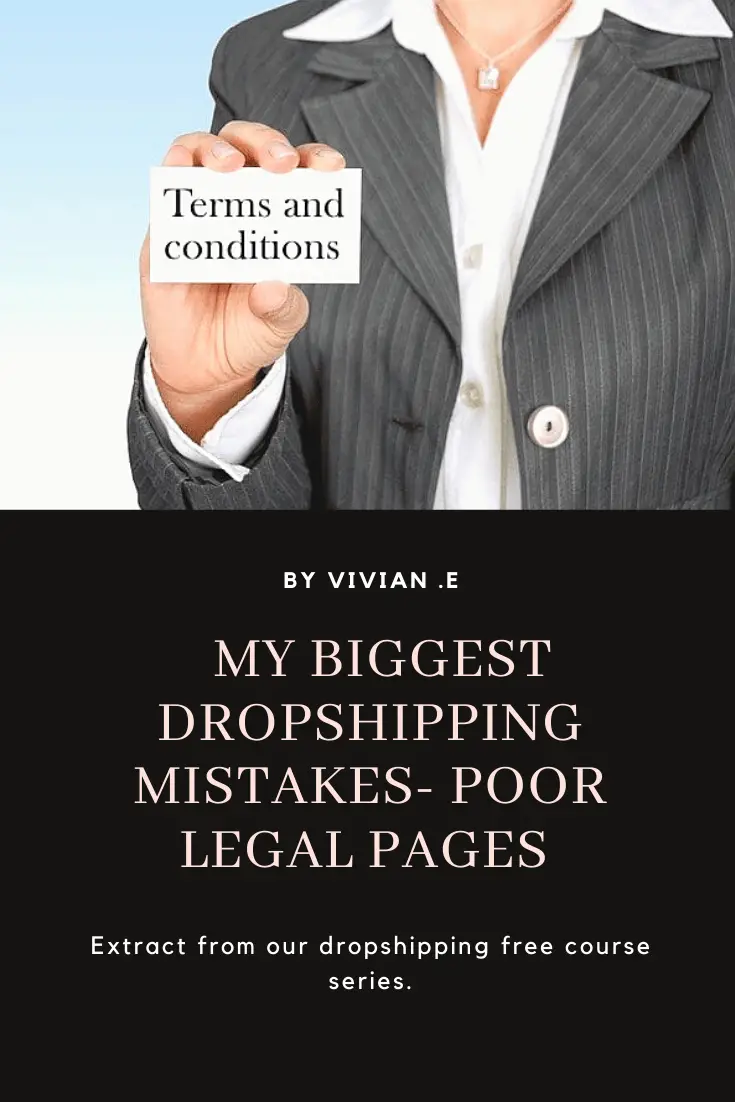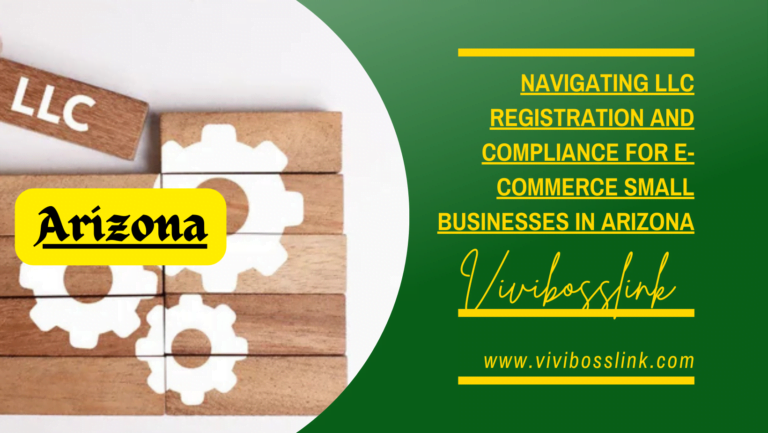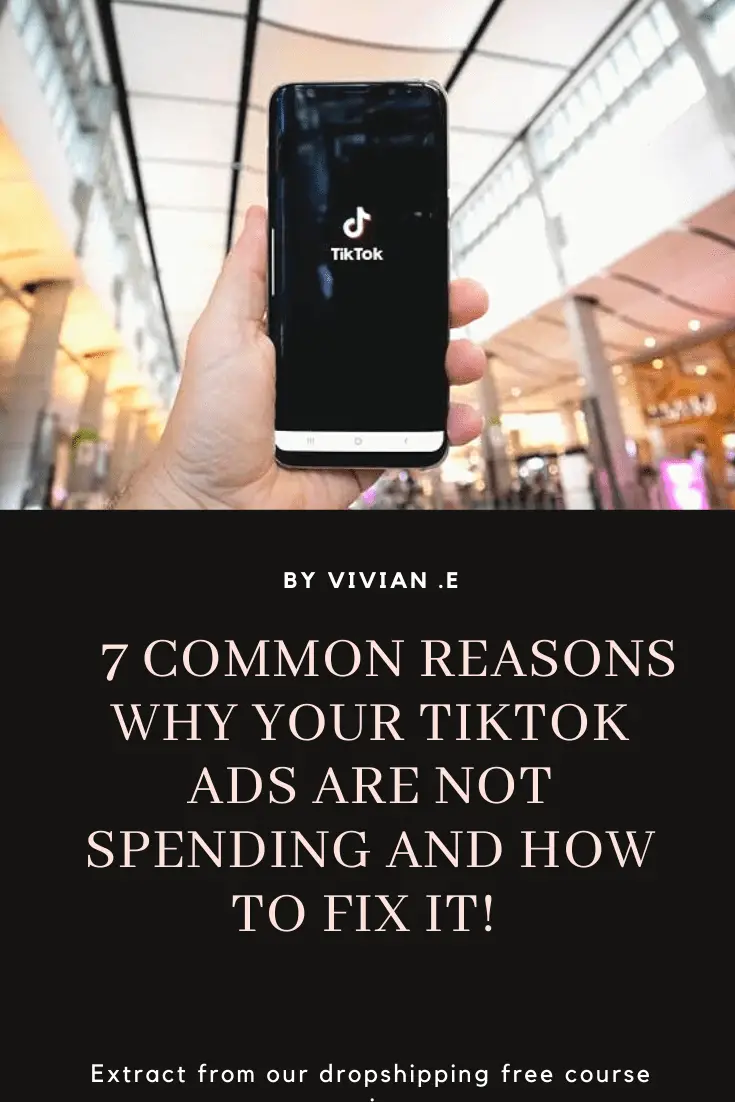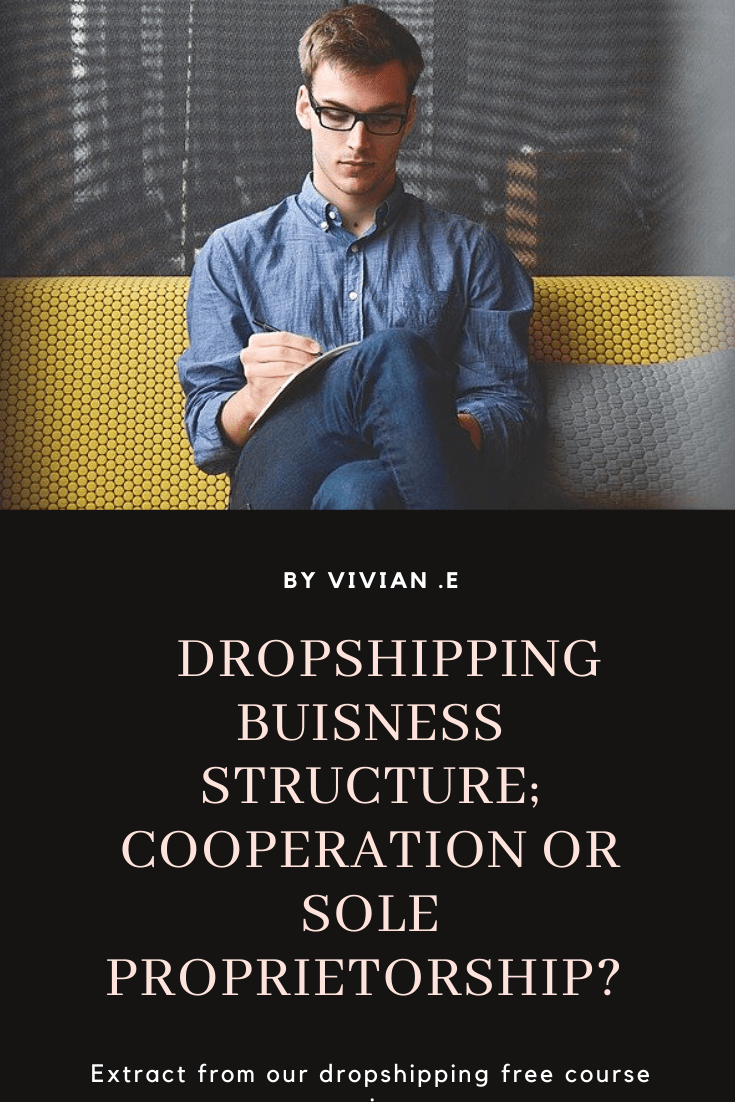
There are usually questions as to which business structure is best for Dropshipping; is it an Corporation or a Sole Proprietorship?
The answer is that it depends! Each of these business structures has its pros and cons. For example; Having an Corporation gives more legal liability protection because the company assumes a different legal personality different from you and this to a good extent protects your personal assets but you would have to involve other shareholders in the decision making process of the company!
On the other hand, a Sole proprietorship gives you the ultimate decision making power in your business but your business is not seen as a separate legal entity and therefor your personal assets aren’t protected in any unfortunate case where the business suffers liability.
In this article, we would examine the features of a Sole Proprietorship, a Corporation and even a Partnership , a Partnership, so you can choose the best fit for your Dropshipping business!
It’s important to know the various business structures. This helps you to understand your business legal obligation in terms of tax, liabilities, assets and legal compliance.
In this article I’d elaborate on the business structures available in most jurisdictions and I hope to give you enough insight that informs you into making a fitted decision for your dropshipping business.
Sole proprietorship;
Decision making; in a Sole Proprietorship the business owner is responsible for making business decisions. He can have staffs and take advice from his team but at the end of the day, he calls the shots!
Assets and Liabilities; The business and its owner are seen to be one and the same person. This means he bears liability for the business and these liabilities can extend to his personal assets.
For example; if the business goes bankrupt and is indebted, the business owner’s personal assets can be used to offset the indebtedness. The business owner takes all the profit and loss of the business.
In most jurisdictions, it is not compulsory to register a Sole proprietorship. In fact your business gets a “default” Sole proprietorship status whenever you go into any business relationship without registering the business.
Nevertheless, it is important to register your sole proprietorship, if you want your business to operate under a registered business name.
Filing fees; In most countries you’d have to pay filing fees when registering any business structure. You’d need to check with your target country’s relevant government website or attorney on how much it costs to register a Sole Proprietorship.
Generally, filing fees for the registration of sole proprietorship are usually much more affordable than any other business structure as a Sole proprietorship represents the simplest business structure.
Taxes; Each jurisdiction/country has its separate requirements for taxes but most sole proprietorships pay personal income tax and aren’t required to pay company income tax. This is because a Sole proprietorship is not a distinct legal entity.
The business owner and the business is seen as one legal entity. Therefore the business owner pays personal income tax. In a dropshipping business you may also be eligible to pay sales taxes. You can learn more about the American sales taxes, EU sales tax and Canadian sales tax for dropshipping businesses.
Registered partnership (general and limited)
Decision making; A Registered partnership is a business structure where more than one person decides to do business together and they register this business relationship and conduct business under a registered name.
Assets and liabilities;
A limited partnership also known as an “LP” is a Registered Partnership whereby the partners documents at registeration how liabilities and assets will be distributed amongst each partner.
This means in an event where the business is in debt, each partner has a limited liability as to what percentage for which he is responsible to pay the debt or benefits from the business assets.
A General partnership is a business structure in which the liability of each partner is not documented at registration. This means that in the event that a business is in debt, the partner are generally liable to pay up the debt as well as to benefit from the business assets.
Filing fees; The filing fees for registration of a partnership is usually lower than that of a corporation but higher than a Sole propertorship. In some jurisdictions, it’s required that a Registered partnership pays annual returns to the government.
To know exactly how much it costs to register a partnership and remit any legally required returns then you’d need to check the applicable laws and procedures available in the country where you intend to register your partnership. You can do this by reaching out to an attorney in that country or freely browsing the relevant government website of the country.
Taxes; the taxes payable for registered partnership differs from country to country. In most jurisdictions, the partners pay personal income tax in the country where the partnership is registered and for dropshipping business, they may be eligible to pay sales tax in the country where products are sold.
This means that a dropshipper can register a partnership in the Canada, pay personal income tax in Canada, sell products to USA customers and become eligible to pay sales tax in the USA.
Cooperation
Incorporating your business gives it the advantage of having a separate legal entity from you as a natural person. A corporation is seen as an artificial entity/person.
For example; in the case of a corporation which is in debit of one million dollars.
A shareholder with a 40% shareholding of that corporation, will be liable only to an extent of 40% of that one million dollars.
Likewise, if the corporation enjoys assets worth one million dollars, then a shareholder with a 40% shareholding will be entitled to 40% interest in the corporation’s assets.
In any case, the civil liabilities (debts) are not enforced on the shareholder’s personal assets. That is assets owned by the Shareholder in his own name as a natural person.
This is because a corporation is a separate legal entity, therefore liabilities are enforced against the shareholder’s interest in the company and not on his personal assets.
Filing fees; Filing fees for incorporating a company is often higher than filing fees for registering a Sole proprietorship or Partnership. Most jurisdictions also require that corporations remit annual returns. To ascertain how much it would cost to incorporate a company and remit annual returns. You’d have to check the relevant laws and procedures applicable in the country where you wish to register the company. You can browse through the relevant government website of that country or seek the advice of an attorney in the country.
Taxes; Cooperation pay company income tax and depending on where you incorporated your business, this company income tax rate may differ. To know how much you are required to pay as company income tax then you need to research the country where you intend to incorporate your business or seek the advice of an attorney in that country.
If you are a dropshipping business you may also be eligible to pay sales tax in the country where you make sales. What this means is that you can incorporate a company in Canada, pay company income tax and annual returns to the Canadian government, make sales in the USA and may become eligible to remit sales tax to the USA government.
When should you Register/Incorporate your Dropshipping buisness
It’s not compulsory but I do recommend registering/incorporating a Company before starting a Dropshipping. This will give you formal business documents which you can provide wherever required!
It gives your business a legitimate reputation and you could use your documents for things such as registering for a payment getaway or applying for a bank account.
You’d also be able to make informed decisions when you understand how your business is structured.
Choosing a name for your Cooperation or Registered business.
Moreover, you can start multiple business ventures under “the same” incorporated or Registered business name provided that the objective of your business ventures falls under the objectives of the Company as contained in it’s registered documents.
In choosing a name to incorporate/register your business, it’s better to go for a generic name because a single Corporation or Registered business can carry on different business ventures so far it falls within the documented objectives of the cooperation or Registered business.
Meaning you can open multiple ecommerce stores as a single Corporation.
This is why it’s better to use a generic name for a Corporation or Registered business. If your websites have different domain names, you can register a DBA (Doing business as) for the domain names.
DBA is a legal way of documenting that your Corporation or Registered business is “doing business as” several other names.
Navigating Dropshipping and Age restrictions
Most countries have Age restrictions in regards to formation of companies, contracts and other legal documentation. Most countries place their restrictions on ages 18 years and above.
Not to worry, you can still legally structure your dropshipping business even if you’re less than the required age. You just need your parents or guardian who is within the required age limit for the formation of a company to do so on your behalf and in trust for you until you are of age to directly go into contracts or form companies in your own name.
There are different business structures suited for dropshipping, for example; a sole proprietorship, a partnership, and a cooperation.
Your business takes the Nationality of the country where it is registered/structured. For example if you are an American and you’ve registered your business in Canada then your business becomes a Canadian business.
A business structure is fundamentally how your business is seen to legally operate. Each business structure has its merits and demerits.
Conclusion
Every business model has its own advantages and disadvantages. Most dropshipping businesses can take the structure of a Sole proprietorship, Partnership or a Cooperation.
While it may be cheaper to register your Dropshipping business as a Sole Proprietorship or Partnership, your business will not enjoy the benefits of being its own “Legal entity”.
Since most small Dropshipping stores rarely face liabilities resulting from loans or law suites, if you’re tight on budget, you could start off as a Sole propertorship or Partnership and level up to a Cooperation when your Dropshipping store becomes more established.
If you aren’t on a tight budget, then it makes sense to start your Dropshipping business as a Corporation.
The goal of this article is to give you insights that informs you into choosing a structure that is best fitted for your business.
If you have any questions, please feel free to leave a comment.
Happy dropshipping guys!
Next page
Select one target country and understand their tax system for dropshippers.
This tutorial is part of our free dropshipping course. You can check our dropshipping course outline here.

